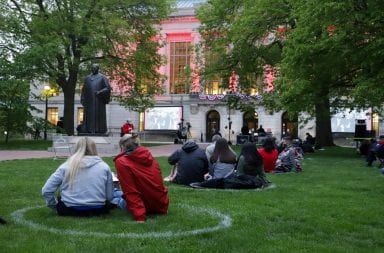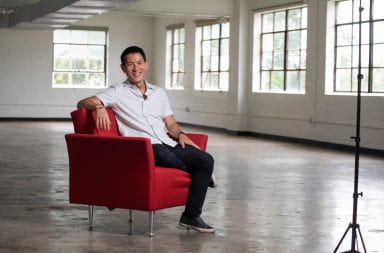From one racist to another, welcome to Black History Month. Not a racist, you say? Baloney, I say.
Our first black president notwithstanding, we’re all racists, and to deny it would be an insult to the icons of equality — Dr. King, Nelson Mandela, Rosa Parks, Malcolm X, Barbara Jordan. The list goes on and on of people who devoted their lives to, if not ending racism, at least making us aware of its insidious presence in our lives.
And the “R” word infects all of us, make no mistake. My wife and I lived in Hawaii for a number of years, and as “haoles (foreigners),” we had the privilege to sense and experience racism, albeit a nominal strain hardly worth mentioning. I say privilege because the subtle rejections gave us a minor taste of what a lot of “different” people simply incorporate into their daily lives: we were ignored at lunch counters and retail checkouts, local people often snapped at us over the smallest matter, we were steered in nuanced ways on a choice of where and where not to find housing, and yes, I did once get pulled over by a Hawaiian policeman for no apparent reason.
“You know what you did was illegal, sir.” It was a statement, not a question. The crime could have been “driving while haole,” I guess. The fellow wouldn’t tell me why he’d stopped me, and he let me go with a “warning.”
And racism is itself color blind, and pervasive. The Reverend Jesse Jackson was walking home one night in Chicago when he heard footsteps fall in behind him. Alone, several blocks from home, he walked on, his heart racing, beginning to sweat, as the person gained on him. He finally gathered the courage to turn and face his stalker, and the result was chilling. Reverend Jackson said later, “Imagine my humiliation when I saw it was a white man, and I was relieved!” It’s quite a statement about our culture’s collective assumptions that are, hopefully, fading away.
Here’s a list of questions: Have you ever needed a blood transfusion, or donated blood or plasma for a relative? Every college student has given plasma for book or beer money, of course, so the answer is yes. Have you ever stopped at a traffic signal? Flipped on an incandescent light? Seen an energetic person traipsing door to door selling beauty products? Ever crunched into a crispy potato chip? Opened a refrigerator? Heard the furnace click on in the dead of a winter night? Have you ever taken any of those inventions and devices for granted? We all do, and that’s too bad, because they all have something in common. All were invented or perfected by black Americans. Each in their own way enriched the American experience, while chipping away at the racism that kept them second class citizens for much of their lives.
Perhaps what we need, in addition to a black history month, is a “different” history month. Our approach to eradicating racism in America hasn’t worked, and that’s because we’re intent on creating a race-blind society that we all secretly know will never be. Perhaps a different history month might help, by forcing us to look at the diversity in front of us, learning to celebrate it, and bringing us the understanding that those differences are what make Americans unique in all of history.
Black history month is an opportunity to begin celebrating that singularity.


